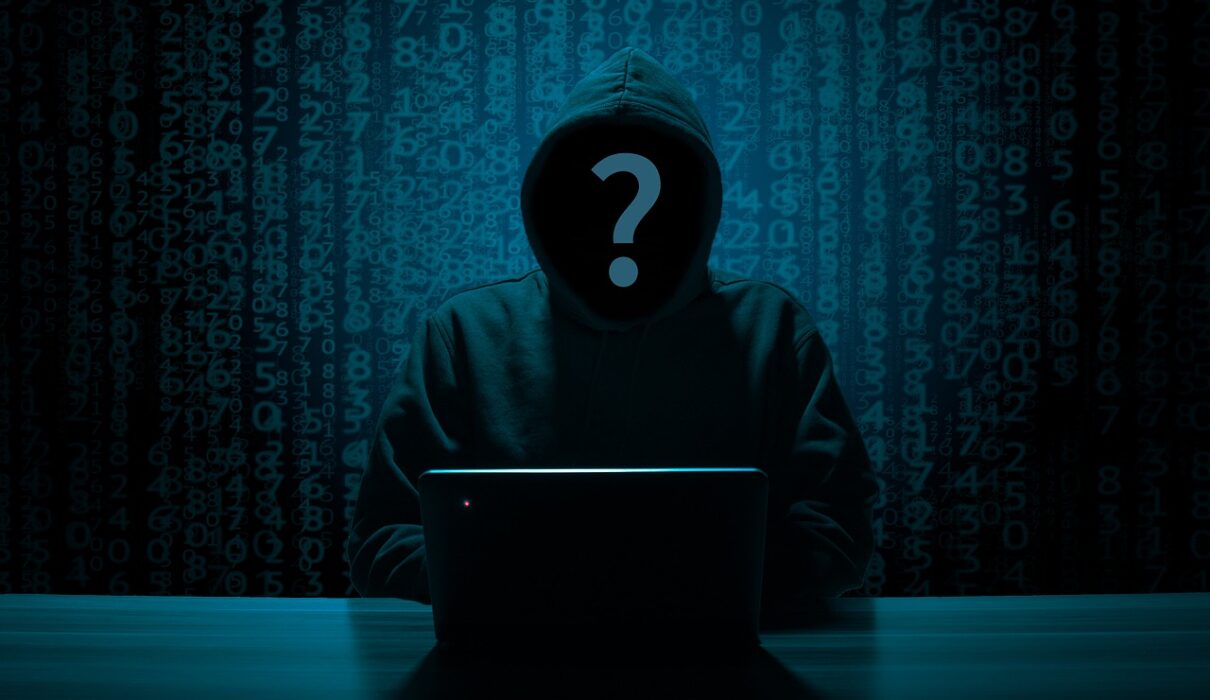Cybercrime, or “hacking,” has long been a problem. However, as more of us are banking, and otherwise handling our personal finances online from home due to the COVID-19 crisis, cyber thieves are on the prowl to take advantage of the glut of new prey. Protecting yourself from hackers is more important than ever.
The FBI recently reported a 50 percent rise in mobile banking since the start of the pandemic. All of the same old hacks and “phishing scams,” are still out there. But now, cyber-experts say that hackers are going after stimulus checks and Paycheck Protection Program (PPP) loans, and other help that Americans and small businesses have received from the federal government to survive the pandemic’s economic downturn.
So, what can you do to protect your financial information and your accounts from hackers?
One of the first and easiest ways to avoid becoming a victim of hacking is to make sure that when you are on a mobile banking app or paying credit cards or loans online, that you are indeed on the website you THINK you are.
Hackers often set up “dummy sites” that look exactly like the one used by your financial institution. However, scammers design these imposter sites to steal your username and passwords. Always check the “URL” in your browser window and make sure it exactly matches the one on your bank statement, or back of your credit cards.
Other Tips for Protecting Yourself from Hackers
Some other tips to stop cyber criminals from stealing your financial information and protecting yourself from hackers include:
- Only download verified apps from reputable websites, such as the App Store or Google Play.
- Always have a reputable antivirus product on your home PC, laptop, or tablet.
- If you are working in a coffee shop, etc, instead of using a public WiFi “hotspot,” use a Virtual Private Network (VPN).
- Do not use public charging stations. The FBI has found malware hacked into these stations that can rip data off of your device!
- Beware of phishing emails from fraudsters trying to get your personal information.
- Never, ever respond to any caller, or email, requesting to “verify” your name, social security number, and account number. Legitimate banks and other financial institutions have this info, and never make any such attempts to verify it.
- Use complex instead of simple passwords. Hackers can easily get a hold of things like your date of birth, your kid’s names, even the names of your pets, simply by getting into your social media.
- Set up alerts via email, text, or the financial institution’s app to monitor fraudulent activity.
- Never click on links or open attachments in unsolicited emails or text messages.
- Monitor your existing lines of credit for fraudulent activity by leveraging a reputable credit and identity theft monitoring service.
Cyber criminals are out there, and the threat is growing. You have a vital role to play in not becoming an easy victim. You need to make safeguarding your assets and personal information and protecting yourself from hackers a top priority of your personal money management plan.
What do you think of these ways to avoid being hacked? Please reply using the comments below.

